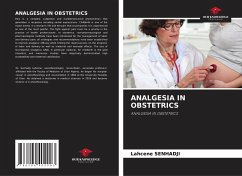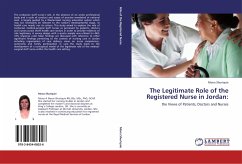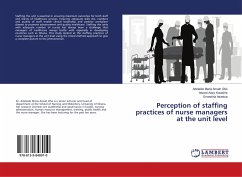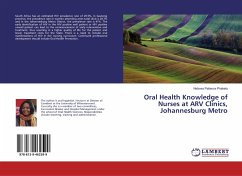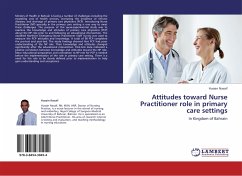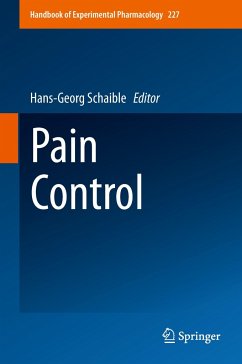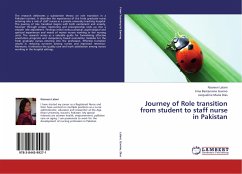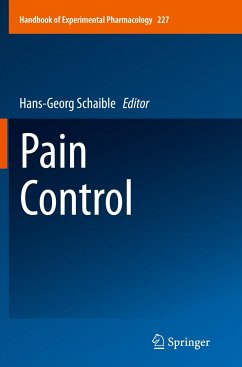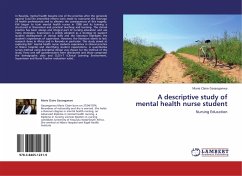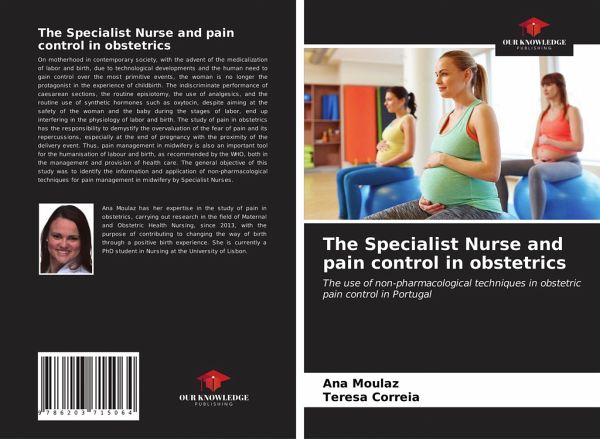
The Specialist Nurse and pain control in obstetrics
The use of non-pharmacological techniques in obstetric pain control in Portugal
Versandkostenfrei!
Versandfertig in 6-10 Tagen
27,99 €
inkl. MwSt.

PAYBACK Punkte
14 °P sammeln!
On motherhood in contemporary society, with the advent of the medicalization of labor and birth, due to technological developments and the human need to gain control over the most primitive events, the woman is no longer the protagonist in the experience of childbirth. The indiscriminate performance of caesarean sections, the routine episiotomy, the use of analgesics, and the routine use of synthetic hormones such as oxytocin, despite aiming at the safety of the woman and the baby during the stages of labor, end up interfering in the physiology of labor and birth. The study of pain in obstetri...
On motherhood in contemporary society, with the advent of the medicalization of labor and birth, due to technological developments and the human need to gain control over the most primitive events, the woman is no longer the protagonist in the experience of childbirth. The indiscriminate performance of caesarean sections, the routine episiotomy, the use of analgesics, and the routine use of synthetic hormones such as oxytocin, despite aiming at the safety of the woman and the baby during the stages of labor, end up interfering in the physiology of labor and birth. The study of pain in obstetrics has the responsibility to demystify the overvaluation of the fear of pain and its repercussions, especially at the end of pregnancy with the proximity of the delivery event. Thus, pain management in midwifery is also an important tool for the humanisation of labour and birth, as recommended by the WHO, both in the management and provision of health care. The general objective of this study was to identify the information and application of non-pharmacological techniques for pain management in midwifery by Specialist Nurses.



